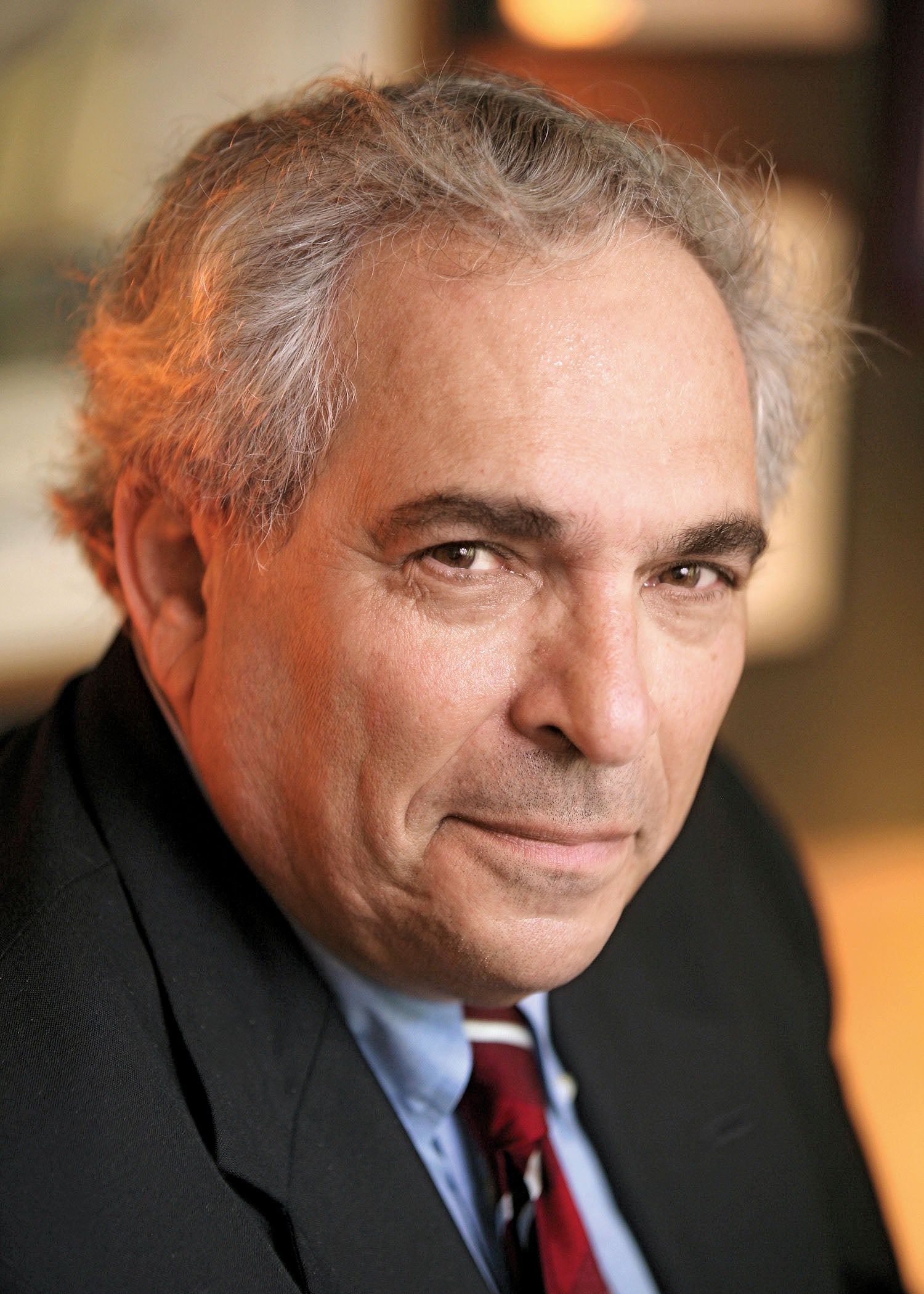Hal S. Scott, the Nomura Professor and director of the Program on International Financial Systems at Harvard Law School and director of the Committee on Capital Markets Regulation, co-authored two letters to the Financial Stability Oversight Council on two provisions of the Dodd-Frank Act.
The Committee, chaired by Scott, released two comment letters November 5th to the Financial Stability Oversight Council regarding the designation of financial companies as systemically important and on the Volcker Rule, which prohibits depository banks from proprietary trading.
The Financial Stability Oversight Council (FSOC) provides comprehensive monitoring to ensure the stability of the United States’ financial system. The Council is charged with identifying threats to the financial stability of the United States, promoting market discipline, and responding to emerging risks.
The letters were written in response to the Financial Stability Oversight Council’s requests for public input on two provisions of the Dodd-Frank Wall Street Reform and Consumer Protection Act. The Committee studied the Dodd-Frank Act’s selection of certain firms for enhanced supervision, and restrictions on proprietary trading.
The Committee opposed the proposed enhanced supervision and regulation of certain firms under the Dodd-Frank Act because it would “increase moral hazard, introduce competitive distortions into the marketplace, and artificially lower the cost of funds borne by institutions that are branded as systemically important.”
The Committee objected on a more fundamental basis to the classification, noting that there is “no principled way to […] tell which firms are systemically important a priori,” arguing instead that the best course of action for the Council would be to avoid making any such designations at all. If the Council does designate firms for enhanced supervision by the Federal Reserve, the Committee advised, then “the least harmful way to do so” would be on the basis of a “single, objective factor: total assets.”
The Committee’s second letter on proprietary trading referenced Scott’s testimony before the Senate Committee on Banking, Housing, and Urban Affairs, in which Scott noted that proprietary trading was “not a source of systemic risk that precipitated the financial crisis of 2008.” Scott found that proprietary trading, instead of creating “significant conflicts of interest” between banks and their customers as critics charged, in fact helped banks “diversify their businesses and compete with foreign banks.”
The Committee also found that proprietary trading had several substantial benefits for financial markets, such as “increasing liquidity, improving price discovery, and promoting market efficiency.” In its comment letter, the Committee urged the Financial Stability Oversight Council to recognize these benefits and “narrowly implement the ban on proprietary trading.”
On November 15, the committee released two more letters: One commenting on the Federal Deposit Insurance Corporation’s proposed rule implementing its authority to resolve systemically important financial institutions under Title II of the Dodd-Frank Wall Street Reform and Consumer Protection Act; and the other, sent to the Commodity Futures Trading Commission and the Securities and Exchange Commission, commenting on the proposed rules of the CFTC and the SEC regarding conflicts of interest under Sections 726 and 765, respectively, of the Dodd-Frank Wall Street Reform and Consumer Protection Act.
The Committee on Capital Markets Regulation is a nonpartisan research organization dedicated to improving the regulation and transparency of U.S. capital markets. Since 2005, the Committee has been dedicated to improving the regulation of U.S. capital markets, and to providing an independent and empirical foundation for public policy.
Scott has taught at Harvard Law School since 1975. He teaches courses on Capital Markets Regulation, International Finance, and Securities Regulation. In 1974-1975, before joining the Harvard faculty, Scott clerked for Associate Justice Byron White on the U.S. Supreme Court.
—Greg DiBella
